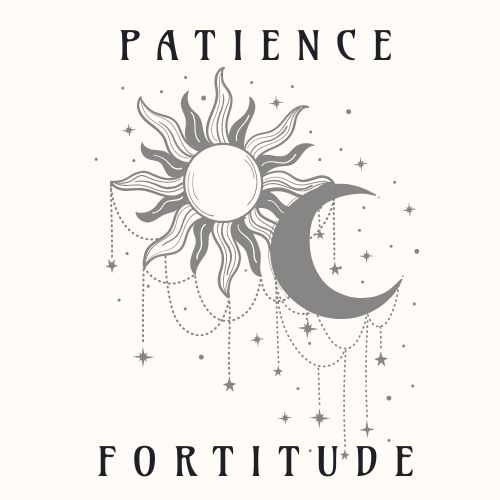Nearly a week ago, on December 14th, 2012, a lone gunman broke into a primary school and went on a murderous rampage. He killed 20 children and six adults before committing suicide.
The citizens of Newtown, Connecticut are still in shock. Many families lost loved ones and there is hardly a member of that relatively small town that hasn’t been directly touched by the tragedy. The whole nation has reacted with tears and rage and hopelessness, which in my opinion is not at all out of proportion to the event.
It is true that many more people die every day than were murdered in Newtown, Conn. on December 14th. It’s easy to take a jaded view of death in regards to a horror like this when you look at the sheer numbers of people who die every day, all over the world.
But accuracy is not what is important here. Statistics are helpful for many reasons, but not for addressing grief. A shocking act like a mass murder of school children and their caretakers is not something so shove aside, no matter the reason or justification. It’s not that anyone’s death is more or less tragic than another, it is that they are all sacred, and our shared shock and grief gives voice to that.
Yes, that dreaded word, “sacred.” It is mired in religious and deist philosophy, and some might argue has no place in this blog. But I take a broader view of the word, a definition that I suppose I have made up for myself in order to capture a feeling–an emotion–that is profound. It hews more towards the fifth definition of the word as given by dictionary.com: “regarded with reverence.”
In this time of what has already been labeled a national tragedy, let us all regard the memory of those victims of violence with reverence. Let us look at the reasons that contributed to the attack without forgetting that lives were ended by it. “Sacred” is the feeling of profound loss we all experience, and “sacred” is the connection we forge with each other through tragedy.
